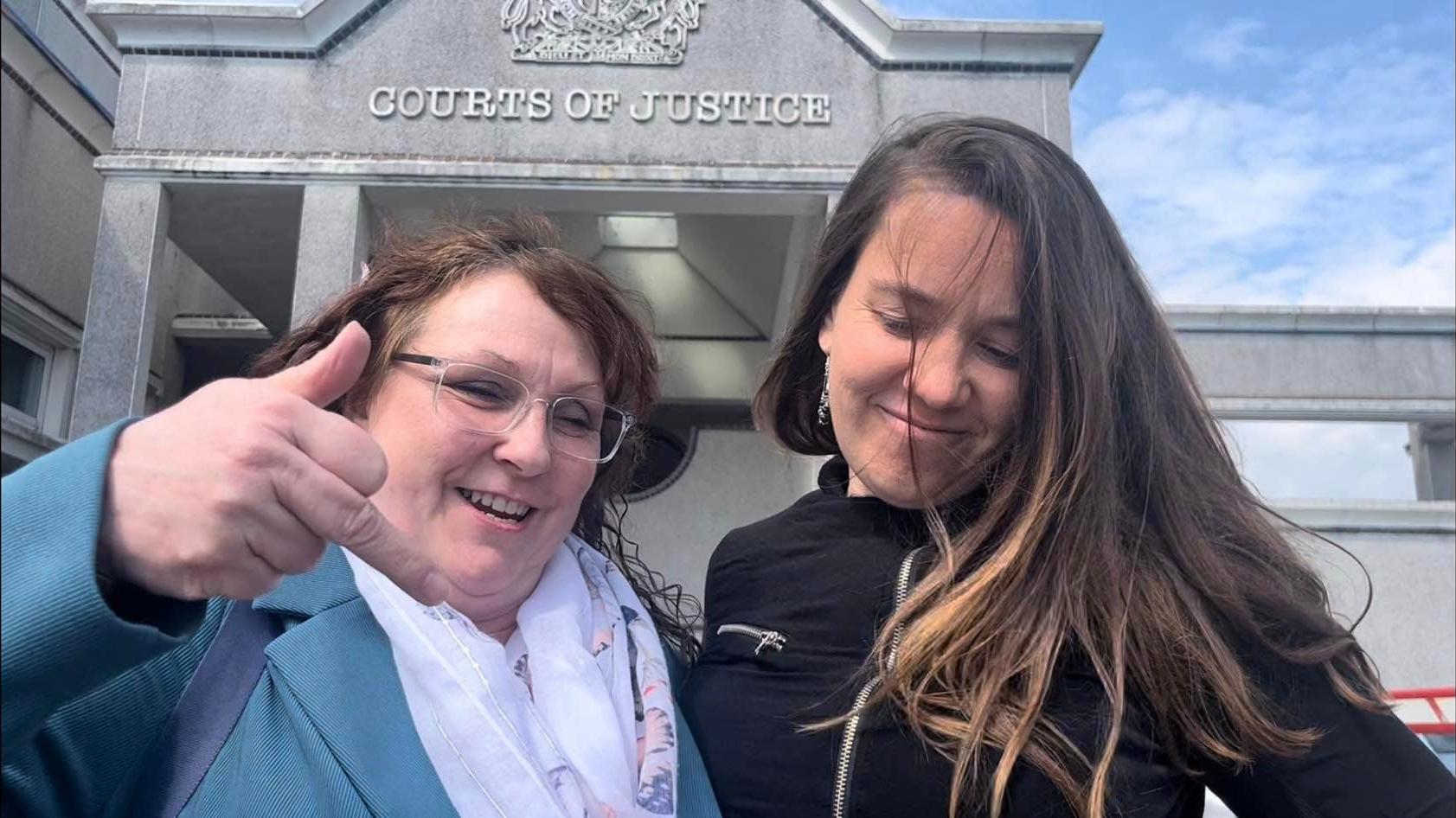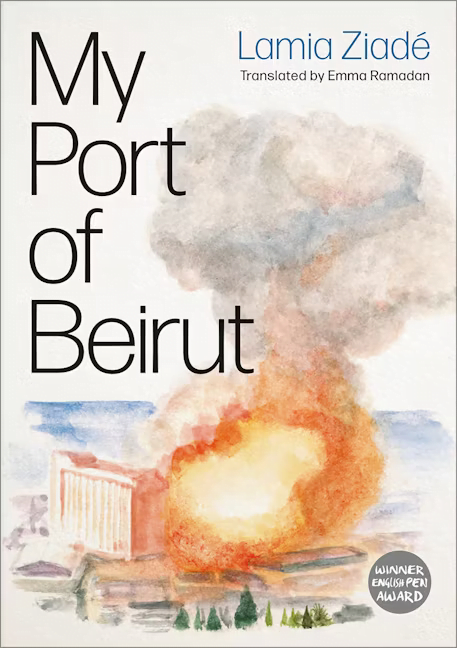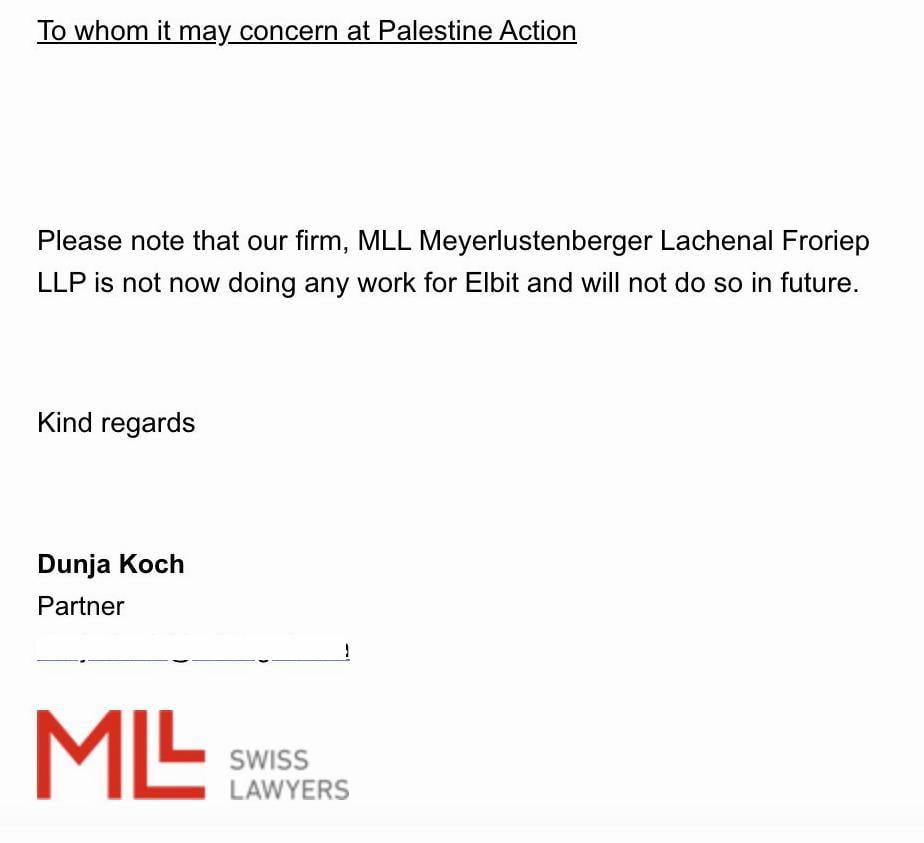Well first it’s not an appeal it’s an Attorney Generals review under the Criminal Justice Act 1972. It just changes the rules on what arguments judges can allow lawyers can put to juries.
Second it doesn’t change the acquittals of the Colston Four and they can’t be retried.
Third it doesn’t mean they would have been convicted if they couldn’t have used this defence. (Para 123, Attorney General’s Reference on a Point of Law No 1 of 2022). They had other and in our view better ones.
So why are we moaning about Judgy McJudgeface aka Lord Chief Justice Burnett giving another anti-protestor ruling?
The problem is mostly one of perception. The law is ultimately a reflection of the balance of Class Forces. Nasty new laws and mean judgements are a pain but not in the end decisive. We have had a lot of despondency post the passing of the Police Crime Sentencing & Courts Act with some people thinking all protest has been made illegal. So what’s the deal?
As to what happens in practice during a future trial similar to the Colston Statue case this is what we think. Since lawyers are forbidden to bring the argument you can of course sack them and represent yourself. If you then mention the human rights defence the Judge will simply tell the jury that you’ve got the law wrong and ignore that argument. If you keep jabbering on about it they will tell you to shut up and eventually send you down to continue your monologue in the cells.
But frankly we don’t think it was what got the Colston Four off and it’s not very useful for future defendants in general. With due respect to the very clever lawyers who came up with the cunning arguments on Articles 10&11 it boils down to “Nah,nah,nah, I’ve got the Human Right to damage anything I wants ‘cos I’m a protestor”. We think that the jury were more persuaded by the argument of ‘preventing crime’ to wit the statue being an ongoing racist insult to the people of Bristol combined with the ‘misfeasance in public office’ of the Mayor & Corporation of Bristol doing nothing about it.
Colston was a very unique case. But many protestors are facing Jury trials where their defence is ‘justification’. This judgement gives them one less string to their bow, but it’s very tricky shooting multiple arrows at once. An obvious example is Palestine Action with 36+ people facing crown court cases with a high chance of imprisonment if convicted. We think jurors will care more about the fact that people in Palestine are being killed and brutalised with British built weapons than a ‘right’ to protest about it.
The other double-edged ruling from Britain’s top paid Judge is that damage to property is ‘Violence’. Para 87. And that any damage not completely trivial to private property can’t be excused as protest. This is bad as more people will be convicted but also a wake up call to those who think that the state cares about people more than property or that there is moral difference between violent and non-violent protest. What matters is that which is effective.
Part 2. Dame Vicky bails out the Barristers
Also on Wednesday the President of the Kings Bench Division (seriously i don’t make these names up) gave a ruling on another government appeal against crown court decisions. This time it was the DPP. Director of Public Prosecutions, Sirkiers old job, objecting to people getting released from remand. There are rules setting limits to how long you can be kept in prison before getting your case heard. There can be extensions for exceptional circumstances but some judges have been refusing to grant these for cases delayed by the Barristers Strike and even saying it’s the governments fault. So the Crown Prosecution Service of which the DPP (technically totally independent of the government but yeah) is boss have asked the High Court to rule that the Strike is an exceptional circumstance. If they’d won this would have meant rounding up the people released and throwing them back in jail. One of the difficulties of the appeals system is it’s very hard to get judges to say that other judges have fucked up. But here it’s working in defendants favour as the High Court has thrown out the government pushed application. They did say that the DPP could take judicial reviews on individual cases but stressed that the defendants must be properly represented at those hearings. (Para 105, Director of Public Prosecutions, R (on the application of) v Crown Court at Bristol & Anor.) This is well sarky ‘cos the Strike is preventing them having representation in the first place.
The result puts real pressure on the Government to settle the strike for while they give not a fuck about prisoners or victims of crime for that matter, they will be really scared that someone released commits a horrendous crime and public blame them for it. Not counting our galliformes yet but “all power to the wigged workers”.
Before this got to press, the government have made a new offer (Thursday 27th). Awaiting details but Criminal Bar Association will ballot it’s members.
Andy Meinke
Image: Adrian Boliston, published under CC BY 2.0








